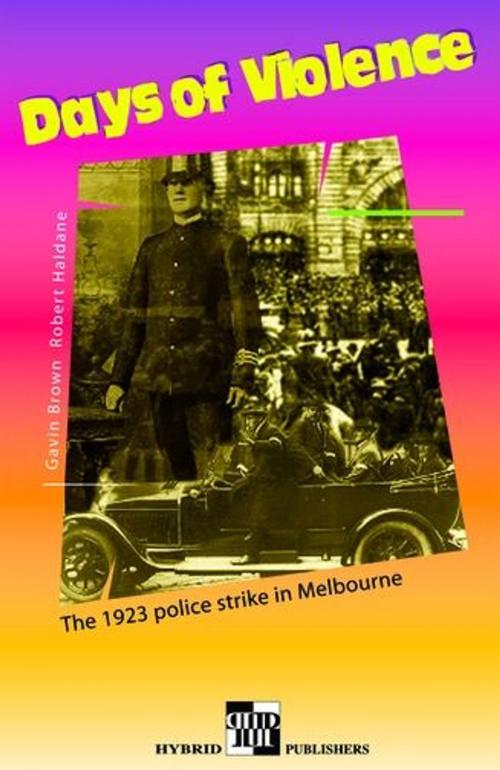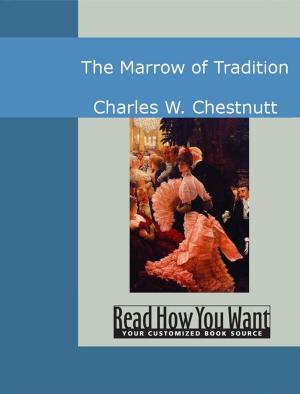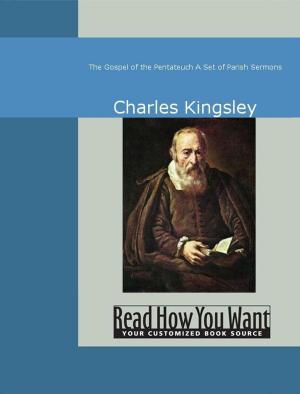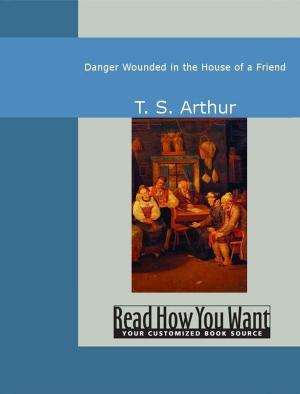| Author: | Gavin Brown | ISBN: | 9781458710772 |
| Publisher: | ReadHowYouWant | Publication: | July 27, 2009 |
| Imprint: | ReadHowYouWant | Language: | English |
| Author: | Gavin Brown |
| ISBN: | 9781458710772 |
| Publisher: | ReadHowYouWant |
| Publication: | July 27, 2009 |
| Imprint: | ReadHowYouWant |
| Language: | English |
Days of Voilence... The 1923 police strike in Melbourne... The police strike of 1923 resulted in a weekend orgy of destruction. Three persons were killed and property valued at hundreds of thousands of pounds destroyed in the Melbourne central business district. The strike resulted from a breakdown in communication between an inept Chief Commissioner and a manipulative constable determined to be as vindictive as possible. It sucked in the Government and the Police Association. Its most immediate cause was a system of supervision by senior constables in plain clothes which the men bitterly resented. The other major factors leading to the strike were the abolition of police pensions in 1906 the very poor standards of pay and conditions when compared with the New South Wales police and the revolting barrack accommodation in which single men resided. First warning of impending disaster occurred on a Wednesday night shift when twenty-nine men refused to parade at Russell Street. The Chief Commissioner was summoned and the men walked to their beats two hours later. After discussion between the parties the same group refused to parade and the Chief Commissioner directed their discharge and the dismissal of two men whom he believed to be their ring-leaders. The manner in which other men were confronted eventually led to almost one-third of uniformed constables joining the strikers. Unfortunately for these men rioting in the city turned a skirmish into an all-out war in which the Government and the Chief Commissioner very early in the event determined to take no prisoners. Although the Government immediately met virtually all the strikers'. demands none was reinstated in the Force. Brinkmanship is a feature of police industrial relations in the last years of this millennium. Days of Violence contains powerful lessons for all parties - the Government the police administration the police associations and the members. Gavin Brown and Robert Haldane have produced an engrossing and detailed account of a neglected period in Melbourne's history when the security of the community was threatened by the withdrawal of labour by its guardians in the only strike by police in Australia's history.
Days of Voilence... The 1923 police strike in Melbourne... The police strike of 1923 resulted in a weekend orgy of destruction. Three persons were killed and property valued at hundreds of thousands of pounds destroyed in the Melbourne central business district. The strike resulted from a breakdown in communication between an inept Chief Commissioner and a manipulative constable determined to be as vindictive as possible. It sucked in the Government and the Police Association. Its most immediate cause was a system of supervision by senior constables in plain clothes which the men bitterly resented. The other major factors leading to the strike were the abolition of police pensions in 1906 the very poor standards of pay and conditions when compared with the New South Wales police and the revolting barrack accommodation in which single men resided. First warning of impending disaster occurred on a Wednesday night shift when twenty-nine men refused to parade at Russell Street. The Chief Commissioner was summoned and the men walked to their beats two hours later. After discussion between the parties the same group refused to parade and the Chief Commissioner directed their discharge and the dismissal of two men whom he believed to be their ring-leaders. The manner in which other men were confronted eventually led to almost one-third of uniformed constables joining the strikers. Unfortunately for these men rioting in the city turned a skirmish into an all-out war in which the Government and the Chief Commissioner very early in the event determined to take no prisoners. Although the Government immediately met virtually all the strikers'. demands none was reinstated in the Force. Brinkmanship is a feature of police industrial relations in the last years of this millennium. Days of Violence contains powerful lessons for all parties - the Government the police administration the police associations and the members. Gavin Brown and Robert Haldane have produced an engrossing and detailed account of a neglected period in Melbourne's history when the security of the community was threatened by the withdrawal of labour by its guardians in the only strike by police in Australia's history.















